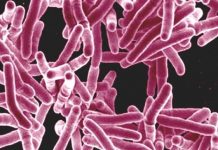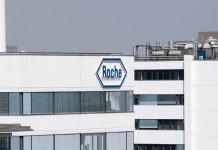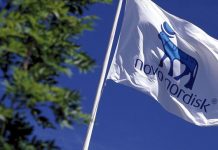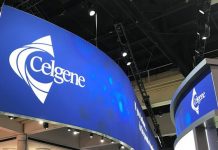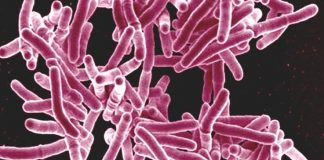MacroGenics stock took a beating Tuesday, dropping far more than any other biotech on the iShares NASDAQ Biotechnology Index as the ASCO conference closed.
Analysts attributed the decline mostly to the disappointing overall survival, or OS, observed in the SOPHIA trial. While immature, the data showed median OS was just 1.7 months greater in the margetuximab and chemotherapy arm versus the comparator arm.
“Our gut reaction to the more-detailed SOPHIA data appears to align with how the stock is trading post-presentation,” wrote Stephen Willie of Stifel in a June 4 note to clients.
“We had hoped this presentation would ameliorate the long-term overhang which has characterized this asset — but we would now expect this data to yield heightened concerns around nearer-term regulatory and partnership risk,” he added.
Survival results did look stronger in one subgroup: patients with a CD16A genotype and an allele called 158F, which MacroGenics suspects is present in 85% of HER2-positive metastatic breast cancer patients. Within that group, patients on margetuximab and chemotherapy lived a median 6.8 months longer than those on trastuzumab and chemotherapy.
Barrios of the Latin American Cooperative Oncology noted how one of SOPHIA’s strengths was the potential implications of the subgroup results on patient selection for future studies.
Margetuximab also didn’t elicit significantly different safety signals than trastuzumab. Notably, trastuzumab, or Herceptin, is one of the world’s best-performing cancer drugs, having shifted standard breast cancer care since its first approval in 1998.
“From a safety standpoint, it looks quite comparable to Herceptin, which has been used now for several decades, and is probably one of the largest anti-cancer agents out there,” MacroGenics CEO Scott Koenig said in an interview with BioPharma Dive.
MacroGenics anticipates final overall survival results by next year, giving the company a chance to show improved results. Another interim readout on survival is expected this year as well.
An application to the Food and Drug Administration could come before then, based on the progression-free survival benefit already observed.
Success for margetuximab is critical for MacroGenics, which has spent nearly $200 million on R&D for the drug since 2015, when SOPHIA began.
The biotech could have a competitor in the making, too. Puma Biotechnology also hopes to file this year for its breast cancer drug neratinib, which it’s studied in a similar line of treatment to margetuximab but against a different comparator.
Puma presented results for neratinib at ASCO on Tuesday. Shares were little moved.

